There’s a scene in the 2001 Italian film Malèna where the titular character saunters through the town square, attracting the lustful eyes of every man and envious looks from the women (Malèna is played by Monica Bellucci, so who could blame them?).
For many years of my life, walking in public places has felt bizarrely similar to this scene. But in the alternate reality my anxiety-ridden brain conjured up, everyone in public – adults, children, people on bikes and in cars whose faces I couldn’t even make out – was gawking at me not with desire, but in abject disgust.
The first time I recall being consumed by this peculiar and debilitating sensation was when I was 19 years old. I couldn’t walk to and from my university lectures or down the aisles of the supermarket without an unbearable feeling of discomfort and white-hot humiliation flooding my body. I was certain I wasn’t walking normally or holding my facial muscles in the ‘correct’ way, or that my arms weren’t swinging with ease like other peoples’.
Mine has always been a peculiar type of anxiety, centred around my appearance and other people’s perception of me. It stems from my teenage years which were blighted by cystic acne that left me scarred both mentally and physically. It can be challenging explaining it to people because I present very confidently.
And yet I was so hyper-fixated on how others perceived me that I’d arrive home at the end of each day utterly exhausted, every fibre of my being unspeakably relieved to be back in the familiar comfort of my home, the prying eyes of passersby gone until the next day.
I was so hyper-fixated on how others perceived me that I’d arrive home at the end of each day utterly exhausted.
Over the years, I’ve tried everything from therapy to meditation. I went on antidepressants. I journaled. Nothing seemed to help. It was my boss, an avid runner, who suggested I download a running app.
“You can run in the evening when it’s not as light and there are fewer people around, you know? And the app is like guided meditation – there’s a coach who talks you through your run too,” she told me over coffee one day, emphasising how vital running had been to her own wellbeing.
One night, at my absolute wit’s end, I downloaded the app. I jammed my headphones on, threw on a baggy hoodie that obscured my body and left the house after dark. I loaded up a 15-minute guided run and promised myself that no matter how anxious I felt, I would finish it.
When the coach’s voice kicked in, backed by my playlist of carefully curated pop songs, a strange sense of comfort washed over me; I was alone on this run, but there was a support person with me and all they wanted was for me to do my best.
I was surprised by how much I enjoyed that first run. My body felt powerful and strong. The coach’s voice was unexpectedly reassuring, and the 15 minutes were over before I knew it.
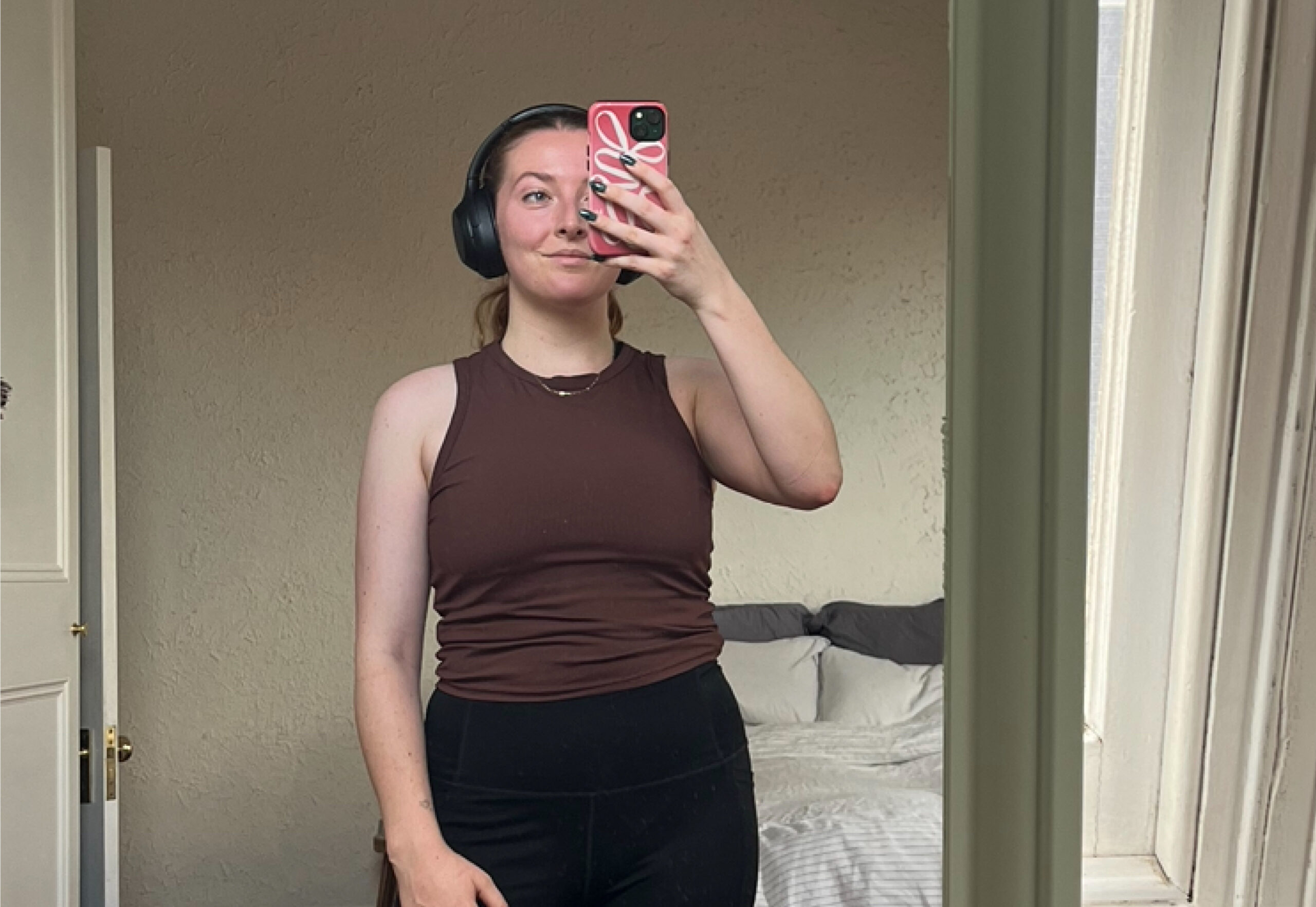

The next day at work I filled my boss in, tentatively telling her I might keep this running thing up. And over the next few weeks, I did. As I became a more confident runner, something remarkable happened: my chronic anxiety slowly started to dissipate. Running was acting as the ultimate exposure therapy, forcing me to be looked at in public and building up my tolerance for discomfort.
When I was running, I wasn’t only uncomfortable because I hated being perceived; I was uncomfortable because it was bloody exhausting. My calves burned, my lungs strained, and the immediacy of those sensations left no room to dwell on the weird way my hair was plastered to my head.
Running offered a welcome reprieve from the cacophony of self-loathing that had made a permanent home for itself in my mind – it was the ultimate circuit breaker.
Running offered a welcome reprieve from the cacophony of self-loathing that had made a permanent home for itself in my mind
That year, I slowly built up my distances, and eventually started exercising in broad daylight. The first time I ran through my neighbourhood on a sunny Saturday morning, I almost shed a tear. To everyone I passed I was just a woman on a run, but what I was doing was an impossibility for me only a few months prior.
Before I discovered running, I’d resigned myself to a lifetime of exercising indoors, alone, and I feared I was slowly becoming agoraphobic. But learning to value my body for its ability to keep improving – I was fitter, stronger and faster than ever before – rather than the way it looked helped rewire my brain on a much grander scale.
It taught me that pain is inevitable, but if you face it head-on rather than over-intellectualising it or avoiding it, it eventually dissipates. We’re much more malleable than we think, and the more I ran, the stronger I felt – both physically and mentally.
Later that year, I ran a 10km fun run alongside thousands of other runners in public, something that would have probably previously triggered a panic attack. At the end of the race, as I held my gleaming participation medal in both hands, I could barely believe how far I’d come.
Now, three years later, I’m training for a half marathon. And while I’m still an anxious person, when it all gets too much and I can feel the fear and self-hatred clawing their way back in, I know there’s a powerful, transformative tool at my disposal.




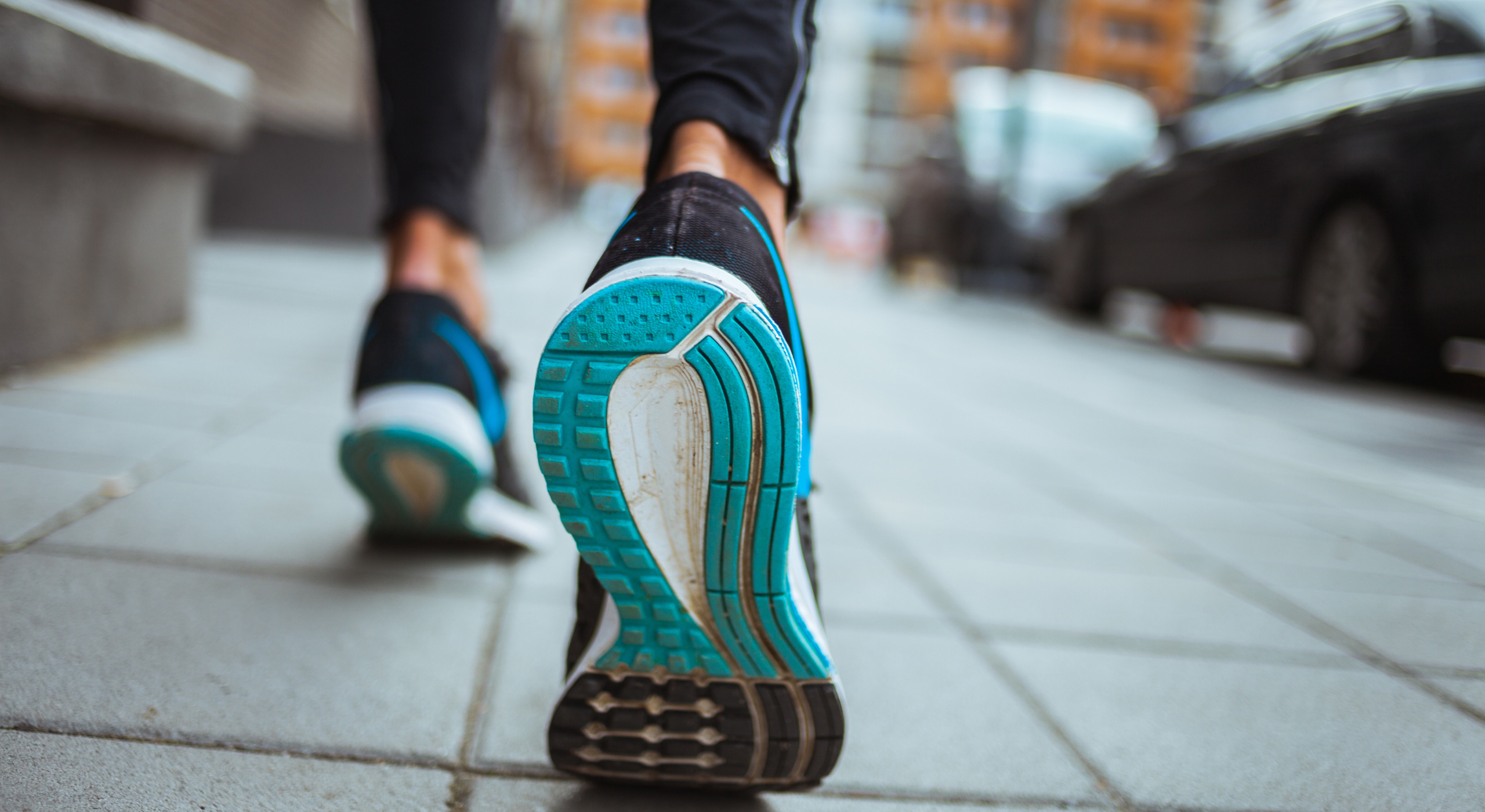
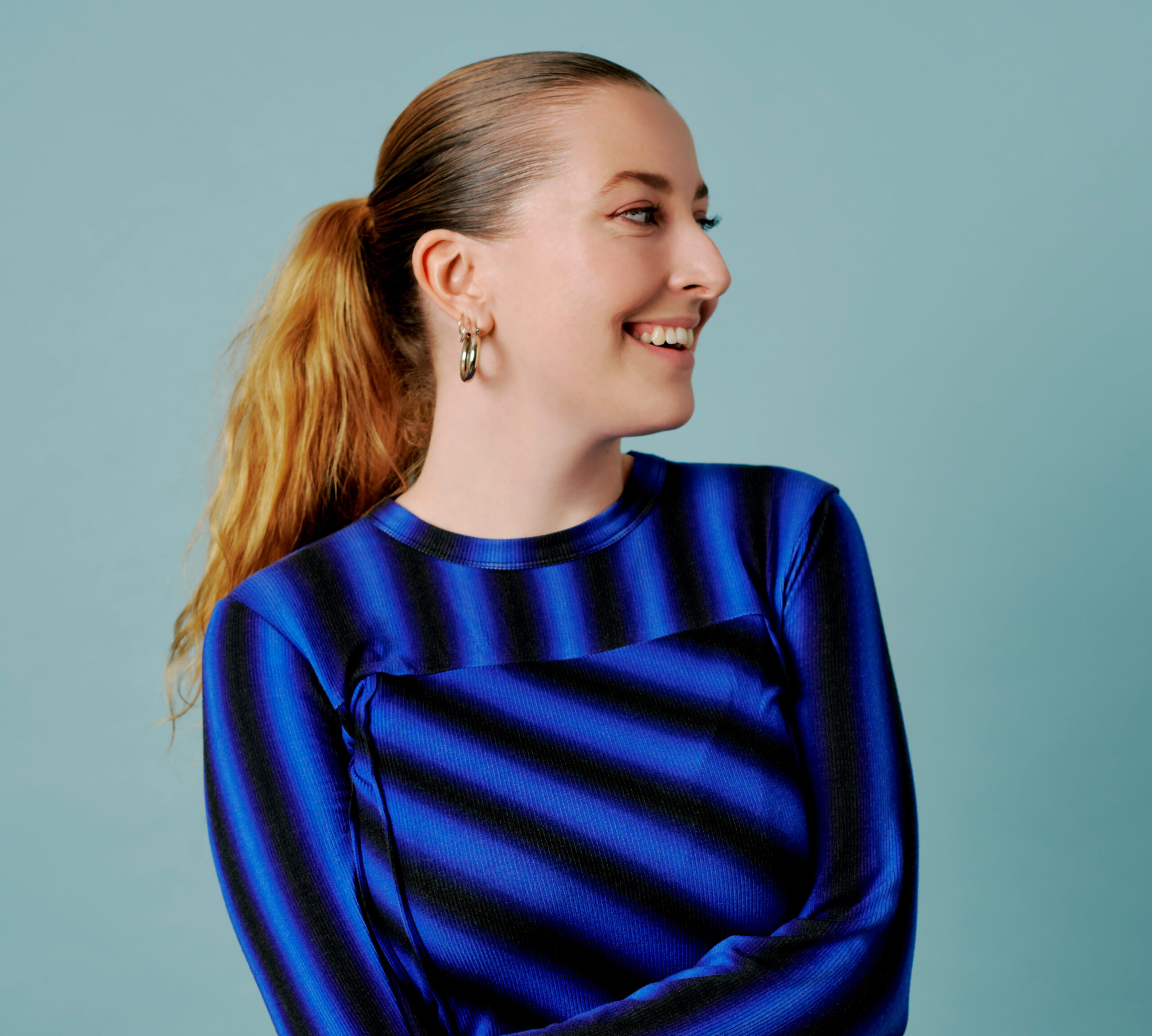


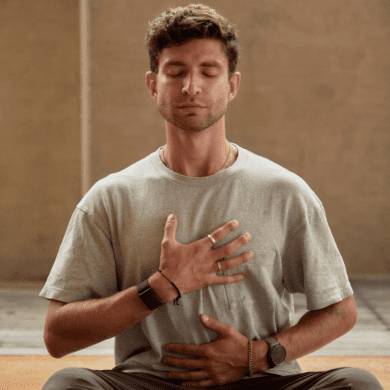
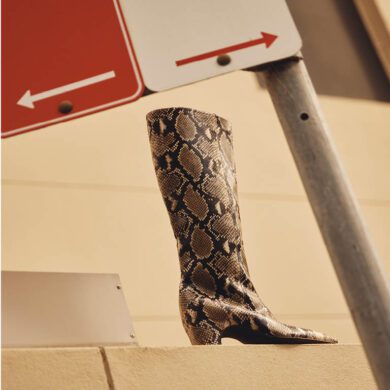
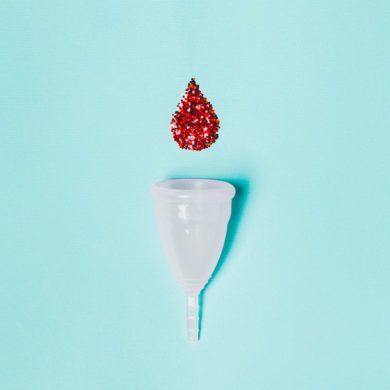


No Comments